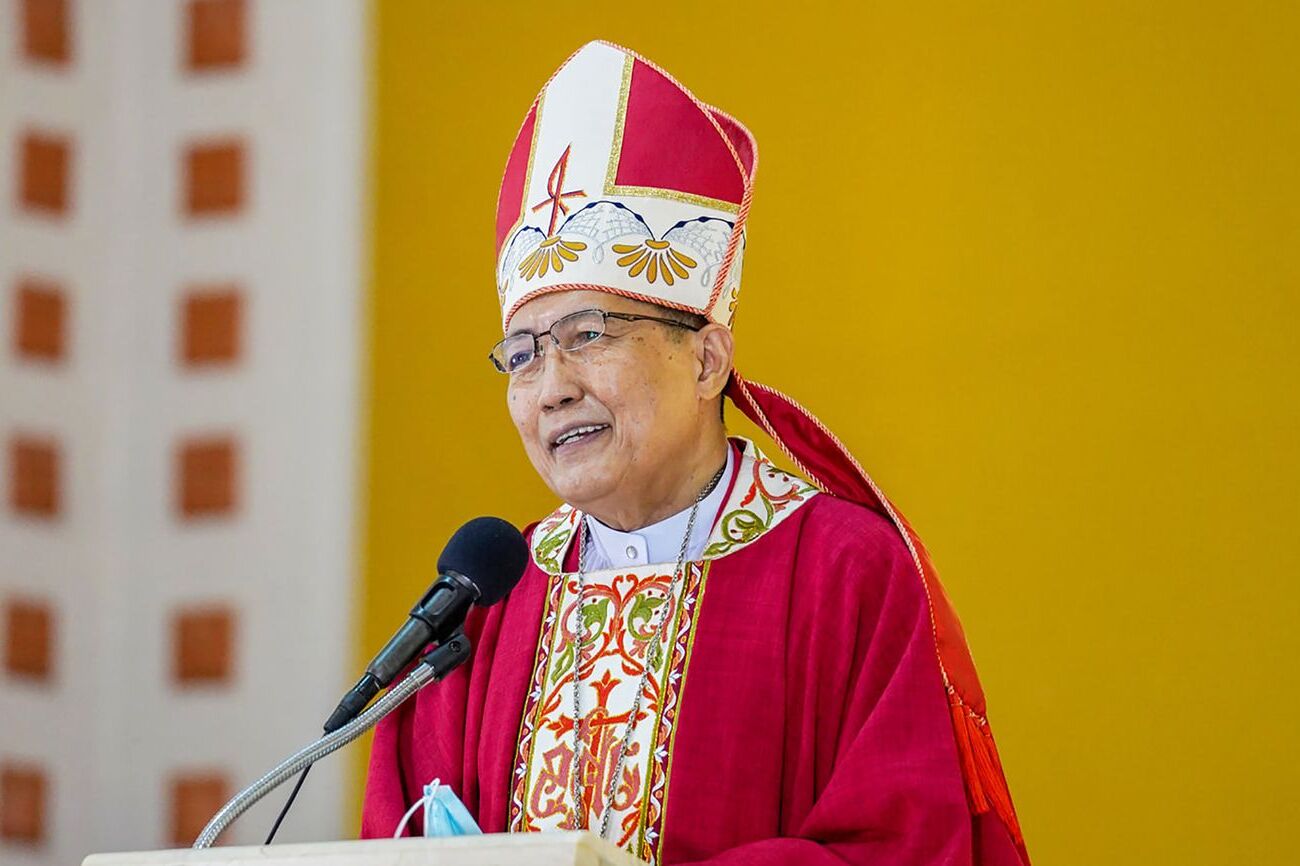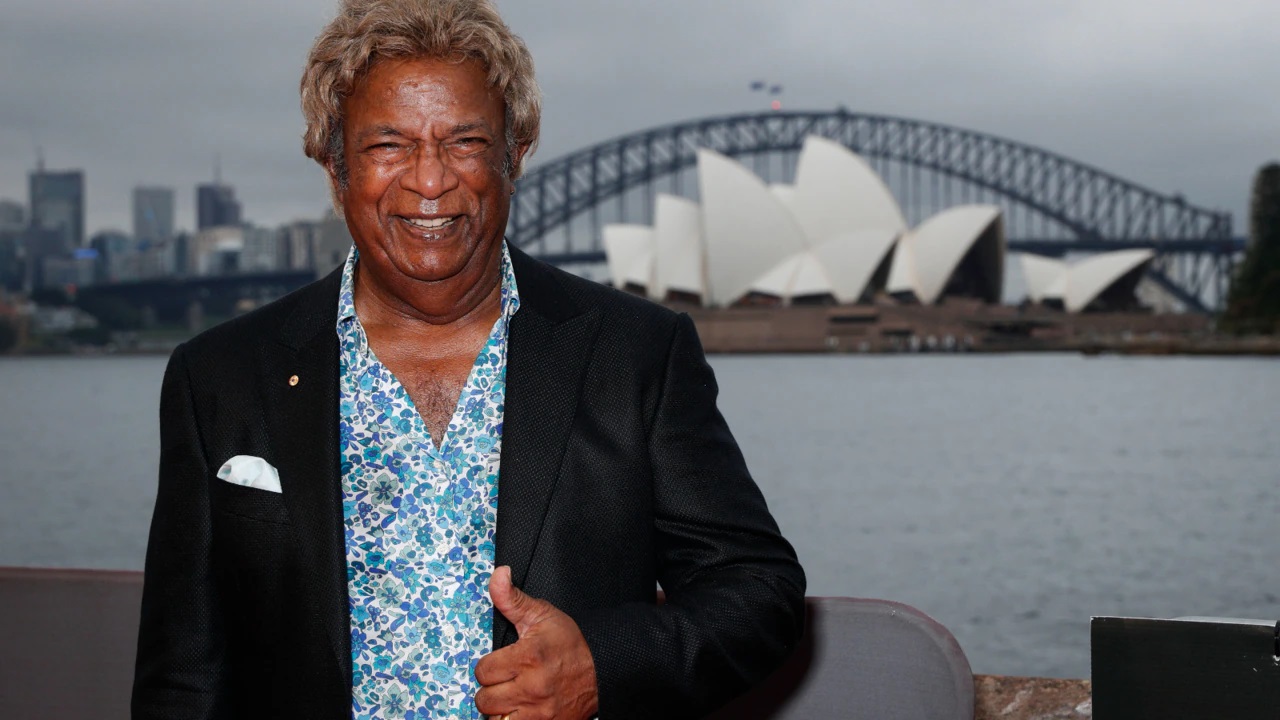
Who was Archbishop Desmond Tutu? Archbishop Desmond Tutu was a South African Anglican bishop and social rights activist. He gained international fame for his work against apartheid, the system of racial segregation in South Africa. Born in 1931, Tutu became the first black Archbishop of Cape Town and bishop of the Church of the Province of Southern Africa. He received the Nobel Peace Prize in 1984 for his efforts in resolving and ending apartheid. Known for his infectious laughter and unwavering commitment to justice, Tutu also chaired the Truth and Reconciliation Commission, which aimed to heal the nation post-apartheid. His legacy continues to inspire those fighting for equality and human rights worldwide.
Early Life and Background
Archbishop Desmond Tutu, a towering figure in the fight against apartheid, has a life filled with fascinating details. Let's dive into some lesser-known facts about his early years.
- Desmond Mpilo Tutu was born on October 7, 1931, in Klerksdorp, South Africa.
- His father, Zachariah, was a school principal, and his mother, Aletta, worked as a domestic servant.
- Tutu initially aspired to become a doctor but couldn't afford medical school fees.
- He switched to teaching and attended Pretoria Bantu Normal College.
- In 1954, Tutu graduated from the University of South Africa with a Bachelor of Arts degree.
Path to Priesthood
Tutu's journey to becoming an archbishop was marked by significant milestones and challenges. Here are some key moments.
- He began his theological studies at St. Peter's Theological College in Johannesburg in 1958.
- Tutu was ordained as an Anglican priest in 1961.
- He moved to London to further his studies, earning a Master's degree in Theology from King's College London in 1966.
- Tutu served as a lecturer at the Federal Theological Seminary in South Africa upon his return.
- He became the first black Anglican Dean of Johannesburg in 1975.
Fight Against Apartheid
Tutu's activism against apartheid made him a global icon. These facts highlight his relentless efforts.
- He was appointed General Secretary of the South African Council of Churches in 1978.
- Tutu used his position to speak out against apartheid, advocating for non-violent resistance.
- He was awarded the Nobel Peace Prize in 1984 for his efforts in resolving and ending apartheid.
- Tutu was a vocal supporter of economic sanctions against South Africa to pressure the government.
- He became the first black Archbishop of Cape Town in 1986, leading the Anglican Church in South Africa.
Post-Apartheid Contributions
Even after the fall of apartheid, Tutu continued to play a crucial role in South Africa's development. Here are some of his contributions.
- He chaired the Truth and Reconciliation Commission (TRC) from 1996 to 1998.
- The TRC aimed to uncover human rights abuses during apartheid and promote national healing.
- Tutu coined the term "Rainbow Nation" to describe post-apartheid South Africa's diversity.
- He continued to advocate for human rights, addressing issues like HIV/AIDS and LGBTQ+ rights.
- Tutu retired from public life in 2010 but remained an influential moral voice.
Personal Life and Legacy
Tutu's personal life and enduring legacy offer a glimpse into the man behind the public figure. Here are some interesting tidbits.
- He married Nomalizo Leah Shenxane in 1955, and they had four children.
- Tutu was known for his infectious laughter and sense of humor.
- He authored several books, including "No Future Without Forgiveness" and "God Has a Dream."
- Tutu received numerous awards and honors, including the Presidential Medal of Freedom in 2009.
- He was a passionate advocate for environmental issues, supporting campaigns against climate change.
Global Influence and Recognition
Tutu's impact extended far beyond South Africa, earning him international acclaim. These facts underscore his global influence.
- He served as a visiting professor at several universities worldwide.
- Tutu was a founding member of The Elders, a group of global leaders working for peace and human rights.
- He received honorary degrees from prestigious institutions like Harvard and Oxford.
- Tutu's work inspired countless activists and leaders around the world.
- His legacy continues to be celebrated through various foundations and initiatives promoting peace and justice.
Final Thoughts on Archbishop Desmond Tutu
Archbishop Desmond Tutu's life was a testament to courage, compassion, and unwavering dedication to justice. From his early days in South Africa to his pivotal role in ending apartheid, Tutu's impact was profound. He didn't just preach about equality; he lived it. His efforts earned him global recognition, including the Nobel Peace Prize. Beyond politics, Tutu's infectious laughter and deep spirituality touched countless lives. He championed human rights, fought against HIV/AIDS stigma, and promoted reconciliation. His legacy continues to inspire new generations to stand up for what's right. Tutu's story reminds us that one person's voice can indeed change the world. As we reflect on his achievements, let's carry forward his message of love, peace, and unity. Archbishop Tutu's life serves as a beacon of hope, urging us all to strive for a better, more just world.
Was this page helpful?
Our commitment to delivering trustworthy and engaging content is at the heart of what we do. Each fact on our site is contributed by real users like you, bringing a wealth of diverse insights and information. To ensure the highest standards of accuracy and reliability, our dedicated editors meticulously review each submission. This process guarantees that the facts we share are not only fascinating but also credible. Trust in our commitment to quality and authenticity as you explore and learn with us.


